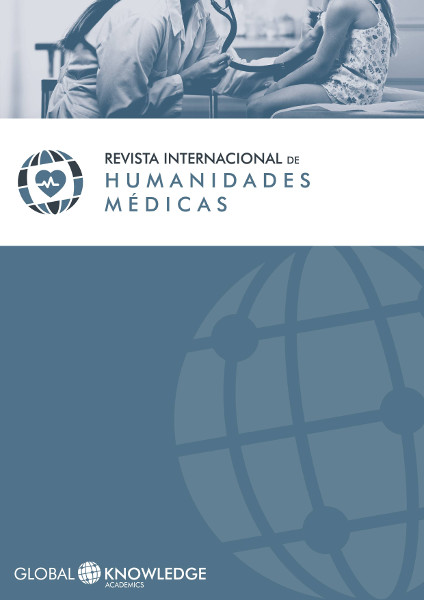The Manners, Stupid! In Search of the Keys of the Therapeutic Alliance from the Management of Dissatisfaction
DOI:
https://doi.org/10.37467/gka-revmedica.v1.1288Keywords:
therapeutic alliance, therapeutic relationship, patient satisfaction, quality of care, communication skills in mental health, complaints management in mental healthAbstract
The aim of this study is to determine the core factors of the therapeutic relationship in mental health, and therefore, the basis of a successful therapeutic alliance. The source of data analyzed includes surveys of patient satisfaction and the study of the main causes of patient’s complaints. Communication skills, attitudes and manners emerge as essentials when it comes to satisfactory relationships. The failure of the therapeutic alliance arises when patients feel that they have been roughly or wrongly treated and, even more, when they perceive a lack of involvement or effort by the therapist. A model of inverted pyramids is postulate in order to describe the apparently divergent values of patients and therapists. These include knowledge-technical skills, attitudes-empathy, and forms-manners. Also, three paradoxes are described that summarize the main challenges in the current framework of the therapeutic relationships.
Global Statistics ℹ️
|
101
Views
|
35
Downloads
|
|
136
Total
|
|
References
Andrusyna, T. P.; Tang, T. Z.; DeRubeis, R. J. y Luborsky, L. (2001): «The Factor Structure of The Working Alliance Inventory in Cognitive-Behavioral Therapy», J Psychother Pract Res 10: 173-178.
Bordin, E. S. (1979): «The generalizability of the psychoanalytic concept of the working alliance», Psychotherapy: Theory, Research and Practice 16: 252-260.
Fusté, J. (director del estudio) (2007): «Estudi de les visions de ciutadans, professionals i gestors sobre l’atenció sanitària a Catalunya», Generalitat de Catalunya, Departament de Salut. Edita: Direcció General de Planificació i Avaluació.
Howe, D. (1999): «The main change agent in psychotherapy is the relationship between therapist and client», en Feltham, C. (ed.): Controversies in psychotherapy and counseling, London, Sage Publications.
Kahn, M. (2008): «Etiquette-Based Medicine», The New England Journal of Medicine 19: 1988-89.
Lázaro, J. (2003): «Entre pruebas y narraciones: objetividad y subjetividad en psiquiatría», en Hechos y valores en psiquiatría , Baca, E. y Lázaro, J. (eds.): Madrid, Triacastela.
Martín-Santos, L. (1964): «Libertad, temporalidad y transferencia en el psicoanálisis existencial», en Lázaro, J. (ed.): El análisis existencial. Ensayos , Madrid, Triacastela.
Downloads
Published
How to Cite
Issue
Section
License
Those authors who publish in this journal accept the following terms:
- Authors will keep the moral right of the work and they will transfer the commercial rights.
- After 1 year from publication, the work shall thereafter be open access online on our website, but will retain copyright.
- In the event that the authors wish to assign an Creative Commons (CC) license, they may request it by writing to administracion@edulab.es









